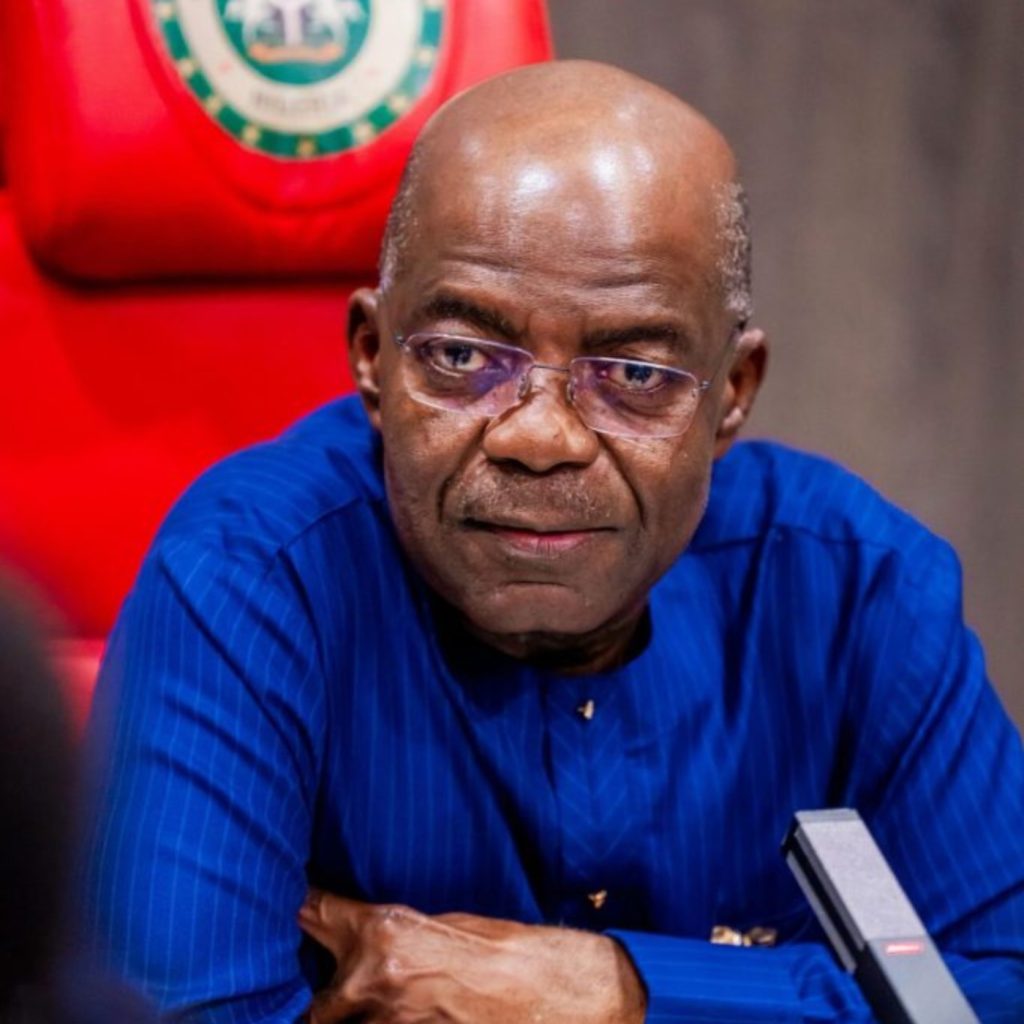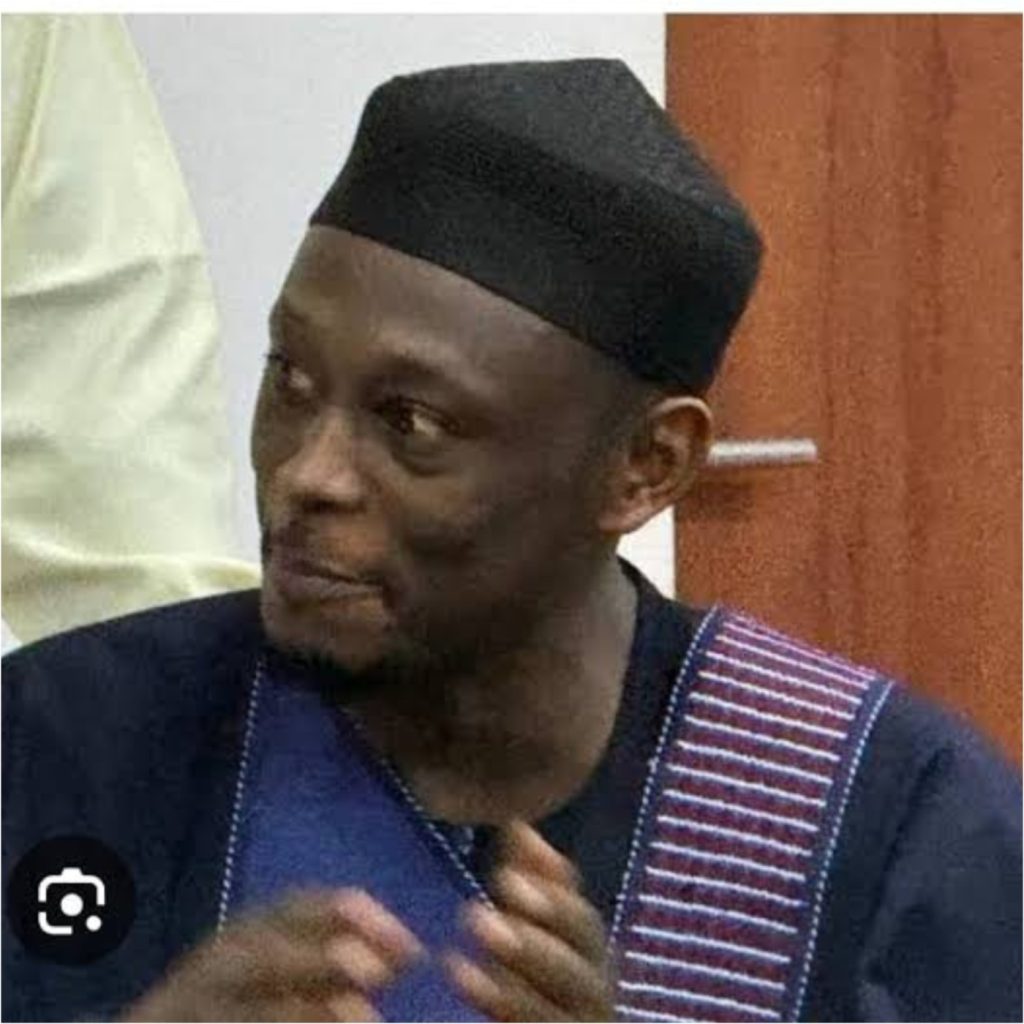The Chairman of the Independent Corrupt Practices and other related Offences Commission (ICPC), Prof. Bolaji Owasanoye, has highlighted the detrimental effects of Illicit Financial Flows (IFFs) on Nigeria’s economy. In a recent sensitization workshop on guidelines for the private sector’s response to IFF vulnerabilities in Nigeria, Prof. Owasanoye emphasized that IFFs not only drain the country’s foreign reserves but also erode its revenue.
Prof. Owasanoye stated that IFFs have a negative impact on Nigeria’s economy, leading to a depreciation in the exchange rate, which subsequently fuels inflation. Additionally, IFFs increase the cost of servicing external debts. He further revealed that 70% of IFFs emanate from the commercial sector.
The ICPC chairman stressed the importance of the private sector’s involvement in tackling IFFs and minimizing their impact on Nigeria’s economy. By joining forces, the private sector can help prevent potential revenue loss and safeguard the country’s foreign exchange reserves. This is crucial because IFFs not only contribute to inflation but also escalate the prices of imported goods, notably petroleum, thereby affecting the daily lives of ordinary citizens.
Prof. Owasanoye emphasized the need for diverse measures to combat all forms of IFFs and enhance Nigeria’s domestic revenue. Despite the challenging global economic and financial system, it is imperative to improve Nigeria’s domestic revenue and ensure its growth aligns with the size of the economy.
Addressing the workshop, Adelabu Adedeji, the Special Adviser to President Bola Tinubu on Revenue, echoed the concerns raised by Prof. Owasanoye. Adedeji highlighted the urgency of checking IFFs to prevent a continued depletion of Nigeria’s revenue. Unchecked IFFs not only erode domestic revenues but also enable corruption, jeopardize economic stability and sustainable development, divert funds from public priorities, and hinder the government’s ability to mobilize domestic resources and build back better.



